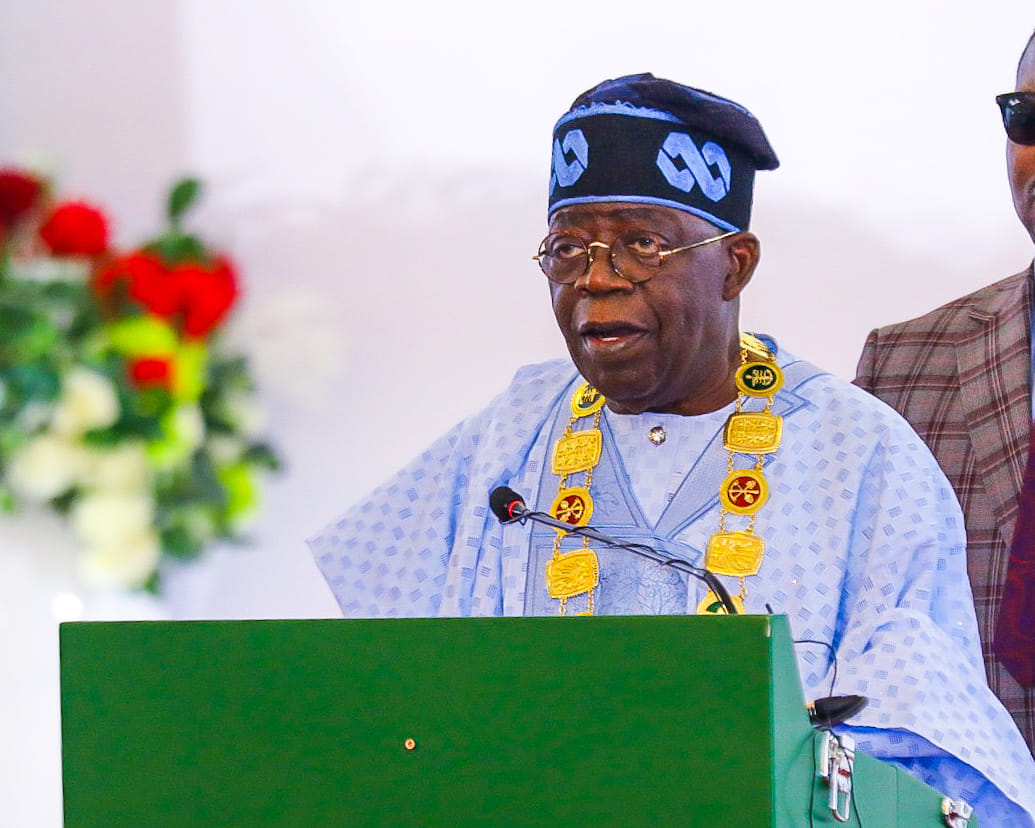Calls to resolve ASUU crisis have finally gained strong attention from the highest level of government. President Bola Ahmed Tinubu has stepped in to end the long-standing dispute between the Federal Government and the Academic Staff Union of Universities (ASUU).
In a bold directive, Tinubu instructed the Minister of Education, Dr. Olatunji Alausa, to take urgent action. He asked him to settle all outstanding issues with ASUU once and for all. According to insiders, this move shows Tinubu’s commitment to lasting reform in Nigeria’s education sector.
University education has faced years of disruption due to repeated strikes and unresolved conflicts. Students and parents have grown tired of the endless deadlocks. For many Nigerians, this step from the president offers a rare glimmer of hope.
Dr. Alausa, who recently assumed office as Minister of Education, has responded quickly. However, his position on the matter stirred controversy. He clarified that no binding agreement currently exists between the Federal Government and ASUU.
He explained that previous discussions with ASUU only resulted in draft documents. These drafts, he said, were never signed into official agreements. According to him, past governments may have made verbal promises, but none were formally documented or enforceable.
This clarification has not gone down well with ASUU members and supporters. Many argue that the Federal Government is dodging accountability. ASUU believes the government is backtracking on moral commitments made during negotiations.
Yet, Dr. Alausa insists the government remains committed to quality education. He emphasized that the administration is open to fair dialogue. However, he also noted that any resolution must reflect the country’s economic reality.
For years, university lecturers have fought for better salaries, improved funding, and academic autonomy. They claim successive governments failed to prioritize higher education. ASUU’s grievances stretch back decades and involve deeply rooted structural issues.
Still, with Tinubu’s direct intervention, there is renewed momentum. His instruction to resolve the crisis shows urgency. He appears determined to remove education instability as a recurring feature of his presidency.
Government officials are expected to resume talks with union leaders soon. The aim is to reach a final understanding that satisfies both sides. Students across the nation are watching closely, hoping for a breakthrough.
Stakeholders are urging all parties to embrace compromise. Prolonged strikes only harm the students, who are often caught in the middle. Many graduates are already years behind their peers globally, simply due to school closures.
Civil society groups have also joined the conversation. They’re calling for transparency in the negotiation process. They argue that promises made in public must be honored with action.
This moment could define the Tinubu administration’s legacy in education. If he manages to resolve the ASUU crisis, it would mark a major win for the sector. Many believe now is the time to rewrite the story of Nigeria’s public universities.
As attention remains on the Ministry of Education, hope rises that students can return to uninterrupted academic life. Resolving the ASUU crisis once and for all could be the turning point Nigeria’s youth desperately need.




